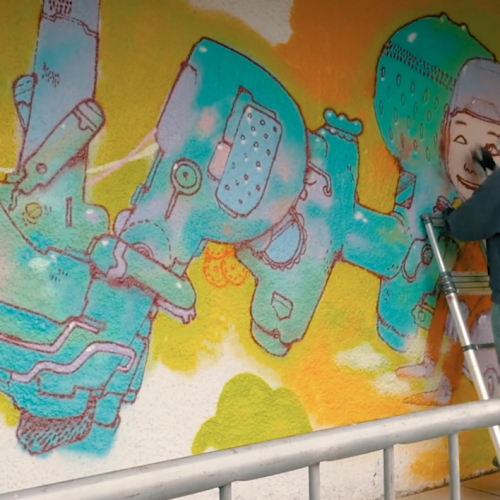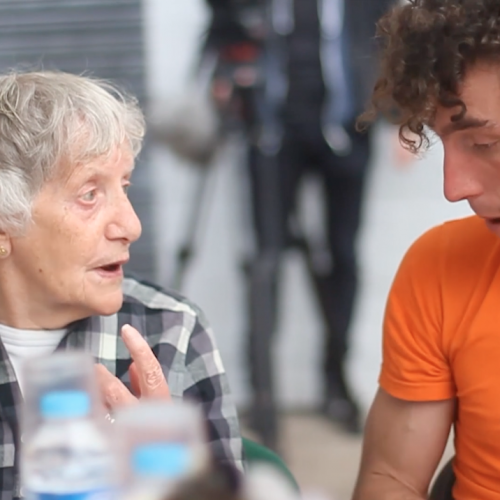Civil Society Futures
Civil Society Futures is an independent inquiry based on a national conversation about how English civil society will be able to flourish in an era of rapid change. The inquiry primarily aims to provide a space of conversation among various actors involved in all different forms of civic action – from informal networks to big scale of charities, new online groups to religious groups, from established funders, sector bodies, regulators to governments.
Bottom line
The rapid changes and uncertainty of modern society demand that civil society must change itself. Through the civil society inquiry, Civil Society Futures have been exploring the roots of civil society and what its role could look like in the future. To change it for the future, the inquiry gathers people’s voices at local levels and suggests what civil society can do together to transform civil society and make a better society.
Why it matters?
Focussing at local level, the inquiry unearthed the importance of place and identity- and how much it still matters in the modern world, the new meaning of people’s work. Many people also pointed out that the ways civil society organise are not always right for what people want to do now.
The four principles, the PACT (Power, Accountability, Connection and Trust), are created based on the collective views, ideas and experience of civil society. These are specific calls for everyone in civil society to commit to. They are shared principles that could transform how we, civil society, organise people’s voices and work together. This is an urgent call for everybody to behave differently in order to meet the challenges of the next decade.
Between the lines
There is currently a period of great uncertainty and a shift in the United Kingdom. Brexit, demographic change, the new paradigm brought by digital technologies and aggravating austerity and inequalities are the major challenges that people highlighted throughout this inquiry. People feel like they are living in a world in which they have little or no control or say over their own lives- that decisions are being made on behalf of them, rather than by them. There is a strong sense of frustration and questions of where power truly lies in society- with a government, large companies, wealthy individuals? Or is it something that exists more widely?
Civil society is fundamentally about people, what people can do and their capability of contributing to something collective. It is about the discovery of unexpected connections and solidarity with others. This crisis point provides a vacuum in which the role of civil society can expand. People can come together to bring about change. One of the big tasks for civil society is to bring about a shift in power in favour of people and community.
Go deeper
- The final report of the Civil Society Futures inquiry – “The Story of Our Times: shifting power, bridging divides, transforming society”
- Where is change most needed? – Place, Belonging & Identify, Reimagining work and purpose, & how we organise
- How can we shape together? – PACT(Power, Accountability, Connection and Trust)
- Our next big infrastructure project: a national people-power grid
- Final reflections of the inquiry


